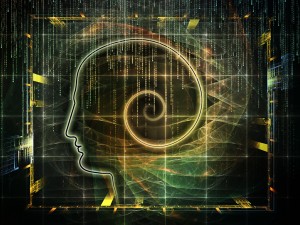
By Rowena Kong
Many unfortunate and unresponsive patients might never be able to show a hint of perception of their loved-ones’ faithful support by the bedside or the sight of their tears behind hopeful smiles. As such, the very existence of these patients’ level of consciousness and the accuracy of their clinical behavioural assessments have been debatable. Medical authorities and experts have come up with the category of disorders of consciousness to include conditions that impair one’s state of awareness. “Minimally conscious state” and “persistent vegetative state” are two categorizations that have attracted particular interest due to the difficulty inherent in their identification and diagnosis (Bernat, 2006). In the case of patients in a minimally conscious state, there remains a certainty in their behavioural exhibition of sense of self and of the environment (Giacino et al., 2002). As for the persistent vegetative state, the condition is more severe and impacts one’s full range of behavioural responses to sensory stimuli in terms of their sustainability, reproducibility, purposefulness and voluntary nature (The Multi-Society Task Force on PVS, 1994). Of particular significance is the fact that the vegetative patient exhibits a total loss of awareness of the self and the environment while other autonomic bodily functions are still preserved at variable degree.
Continue reading →


 Follow
Follow

